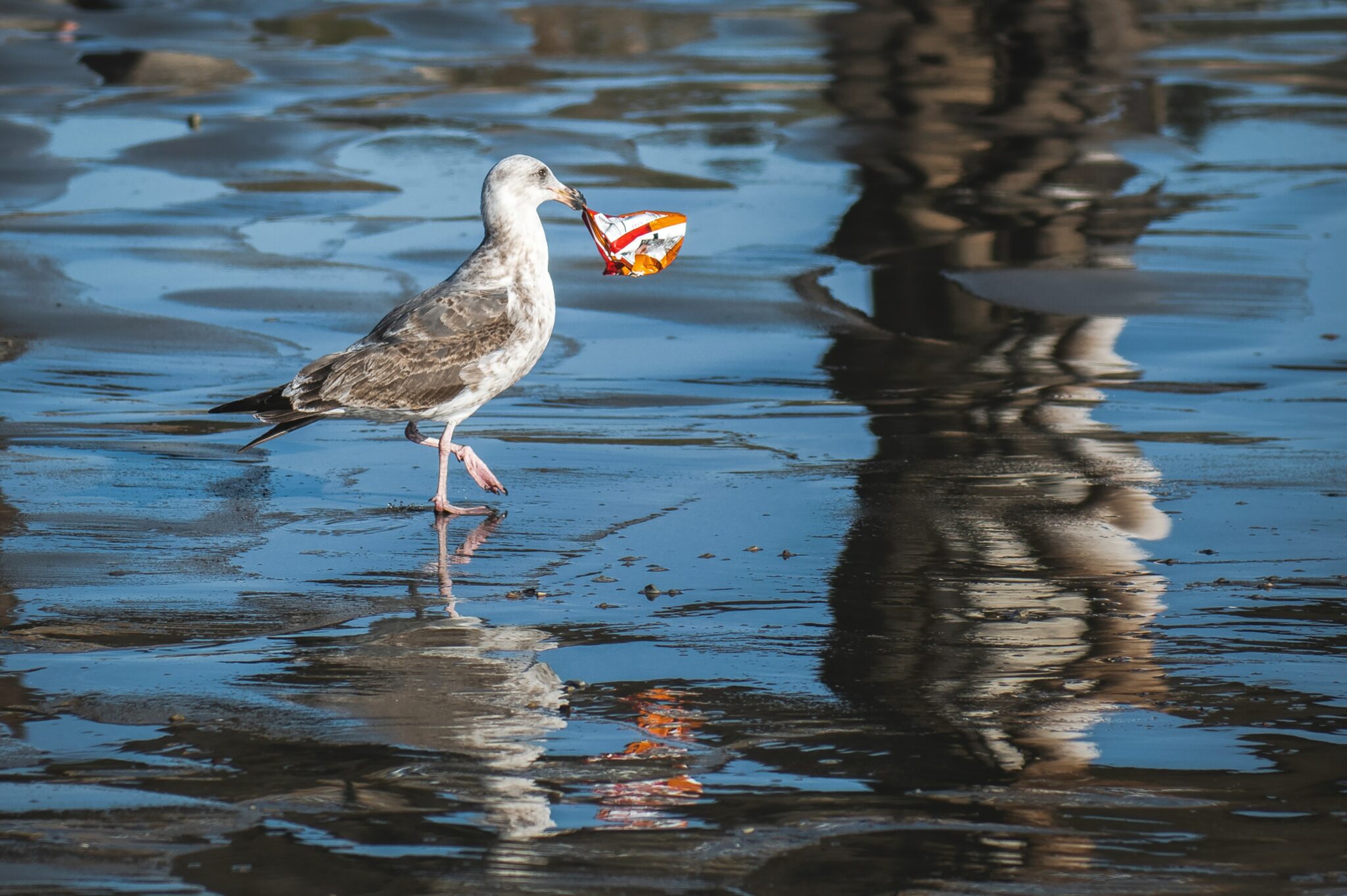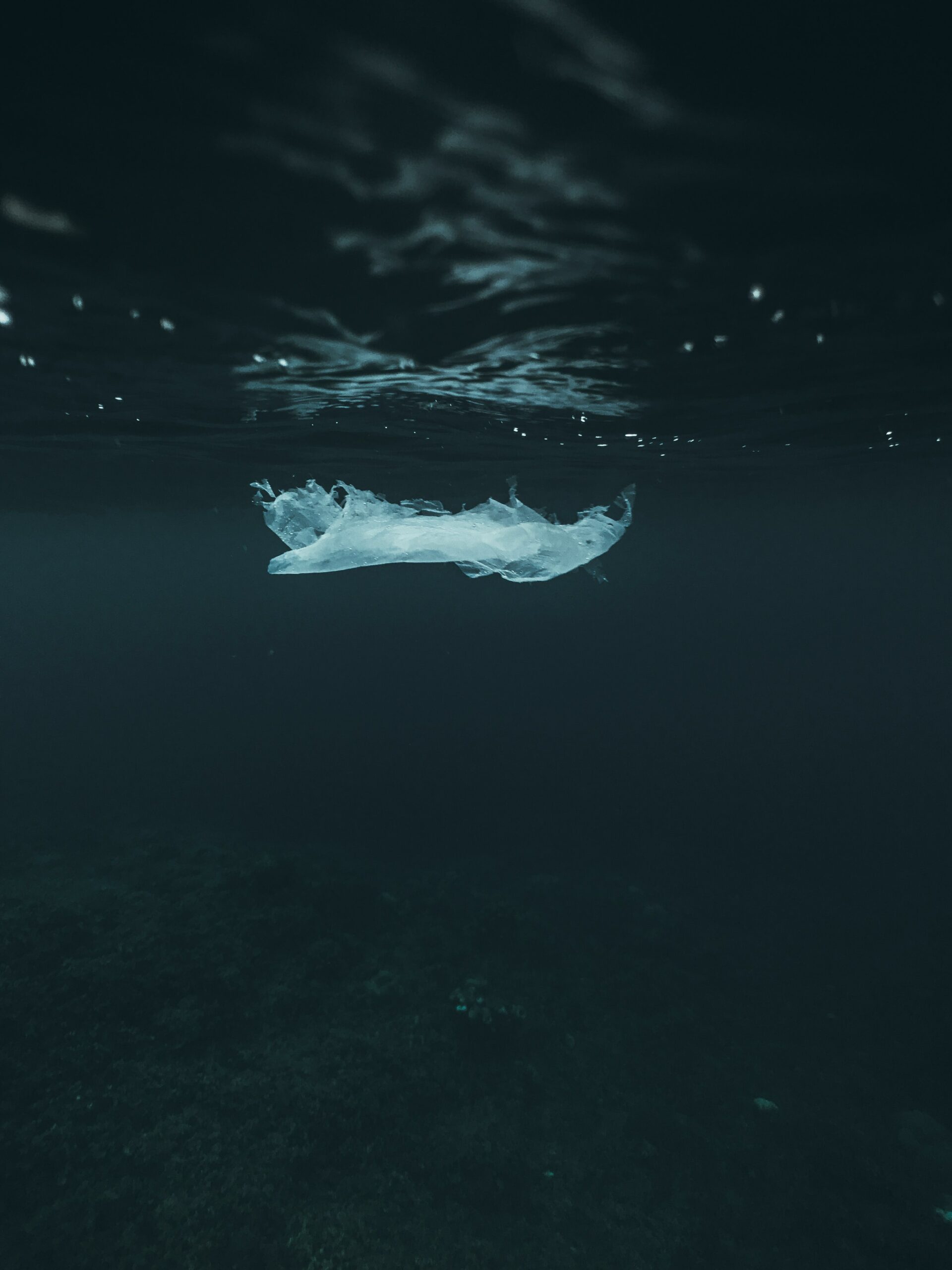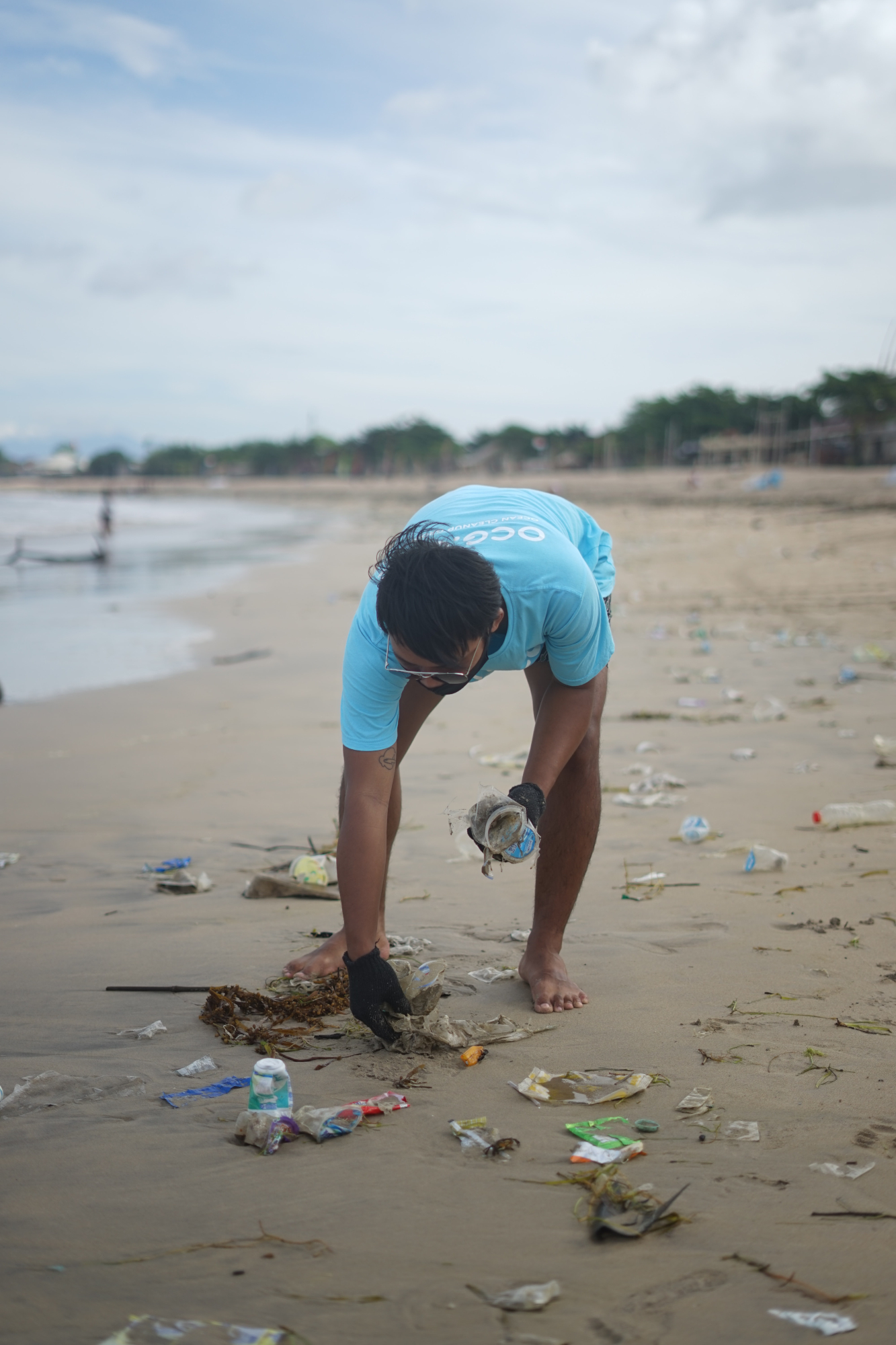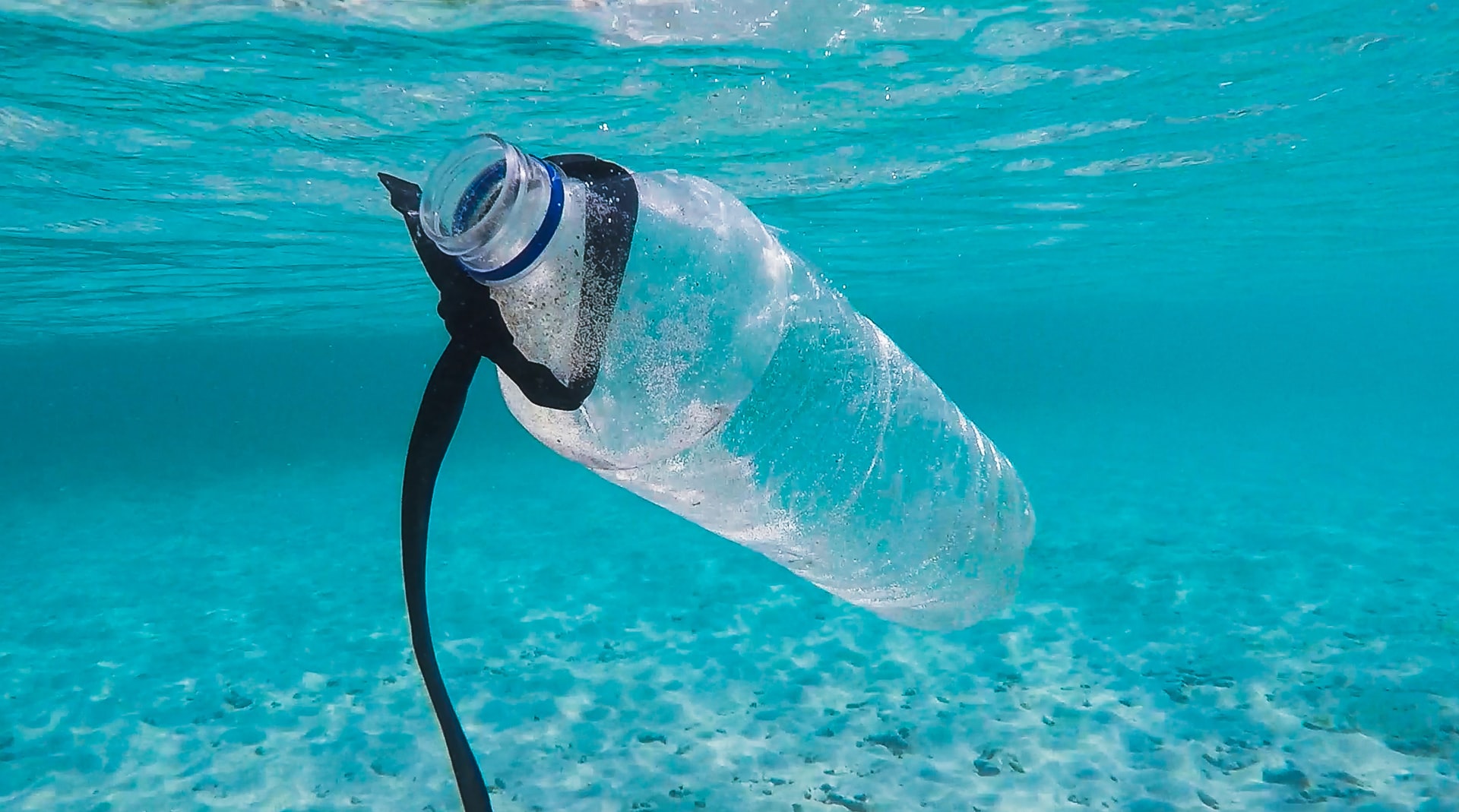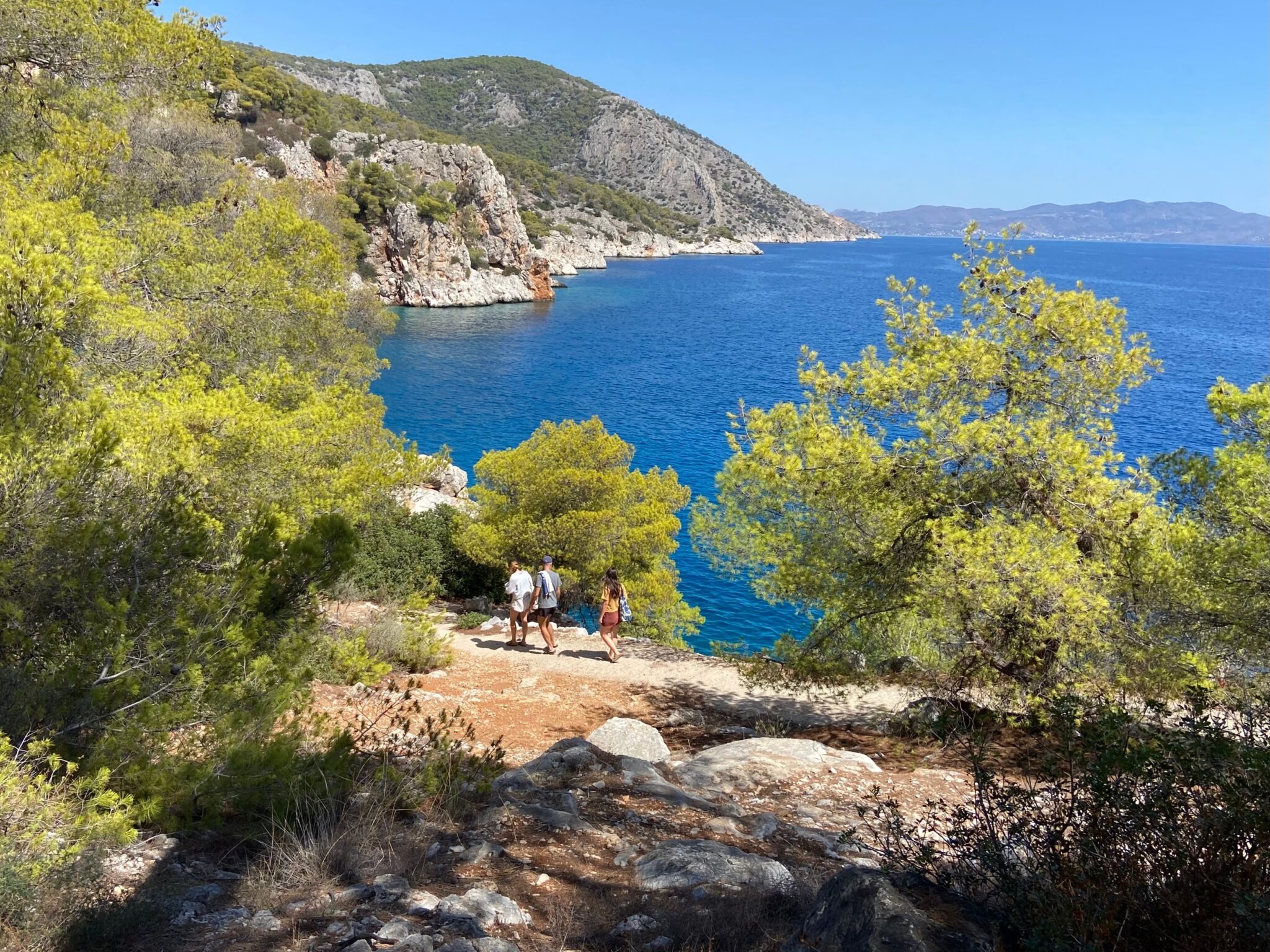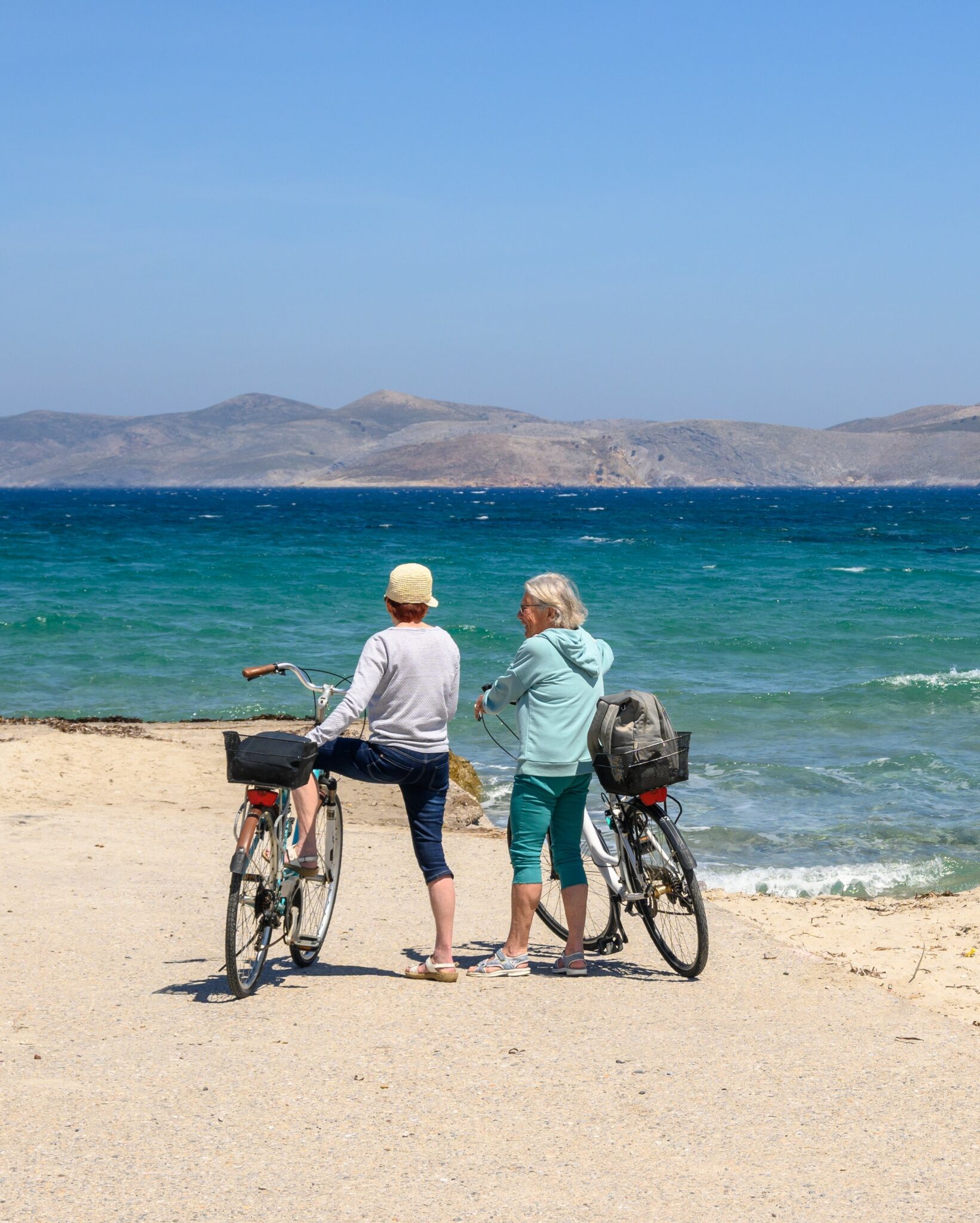Every single day, our seas and oceans face a mass threat, continuously – plastic. Perhaps you have seen some of the widely circulating videos of dead whales washed up on shore with dozens of plastic bags in their stomachs, or turtles needing to have straws painfully removed from their nostrils; not to mention personal experiences of beaches filled with plastic waste.
According to estimates, 11,500 tonnes of plastic end up in Greek seas each year. It does not stay there, but eventually returns to our very organisms. Plastic is literally everywhere, in seas, rivers, on the ground, and, by extension, in the food chain, with each one of us unknowingly consuming 5 grams of microplastics per week.
Plastic is a strong, flexible and durable material, meaning it is not degradable. A plastic bottle remains in the sea’s ecosystem for 450 years, continuously broken up into successively smaller pieces, until they become invisible, without actually disappearing.
In addition, plastic recycling has time limits, meaning that each time this material is recycled its composition is altered, resulting in new products of inferior quality with each round of recycling.
Data and facts
- Each year, a total of 300 million tonnes of plastic is produced internationally, while 78 percent of this output is not recycled
- Worldwide, two million plastic bags are used every minute for an average time of 15 minutes, while their disintegration requires between 100 and 300 years.
- One million plastic bottles are purchased around the world every minute.
- Seventy-three percent of coastline waste around the world is plastic.
- Each year, an estimated 8.8 million tonnes of plastic end up in the sea’s ecosystem, which is the equivalent of one garbage truck dumping a full load of plastic litter into the sea every minute.
As plastic waste floats on water surfaces, while also sinking into deep waters, the list of endangered species is consequently enormous.
The numbers are disheartening:
- 700 marine species are in danger of extinction as a result of exposure to plastic and indigestion of plastic permeating the marine environment. These include zooplankton – organisms drifting in oceans, seas and bodies of fresh water, usually microscopic, but some, such as jellyfish, larger and visible to the naked eye, which represent food for marine organisms – as well as fish, sea turtles, marine mammals and seabirds.
- By 2050, 99 percent of all seabird species will have digested plastic waste through their food.
- According to the World Economic Forum, the ocean is expected to contain one tonne of plastic for every 3 tonnes of fish by 2025. If drastic action is not taken, there will be more plastic than fish in the ocean, in terms of weight, by 2050. Unfortunately, the increasing production of plastic consistently exceeds recycling, resulting in a growing amount of plastic in the oceans.
Recycling programmes, alone, are insufficient to tackle the problem. Since 2018, the EU, through its 2019/204 directive, has striven for measures designed to withdraw, from the market, a series of disposable plastic products, prevent the generation of plastic waste and raise public awareness.
Disposable plastics, in particular, need to be restricted, at a production level, for a global, legally binding agreement on the reduction of plastic pollution and an end to plastic waste ending up in seas.
The state needs to implement measures for effective waste management and enterprises must, without delay, change strategies to offer products and services of minimal environmental impact.
In short, the most effective sustainability strategy to resolve the planet’s disposable plastic problem is to end its production. Alternative packaging and supply chain delivery solutions need to be implemented before it is too late. A first step has already been taken with the abolishment of disposable plastics, whose availability will end as of July, 2021, based on law 4736/2020.
Our personal wellbeing and that of the entire planet are in danger if drastic and immediate action is not taken on policy concerning disposable plastics.



